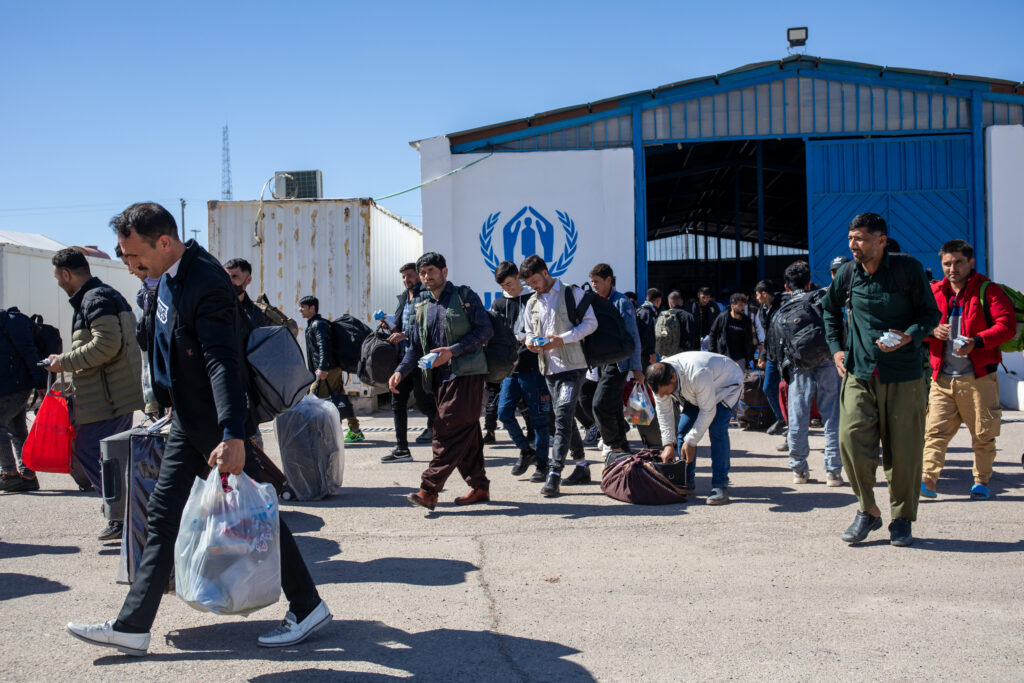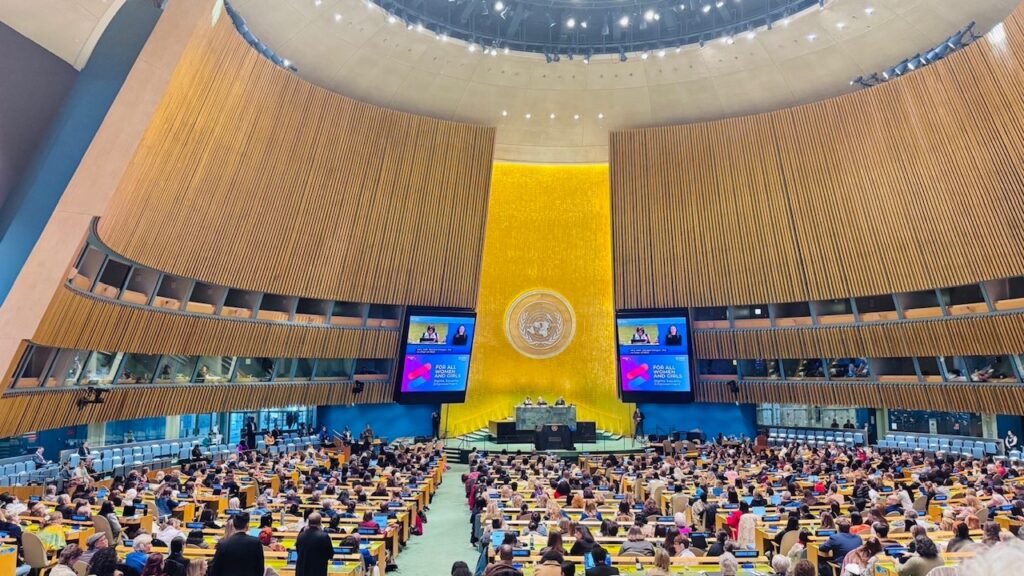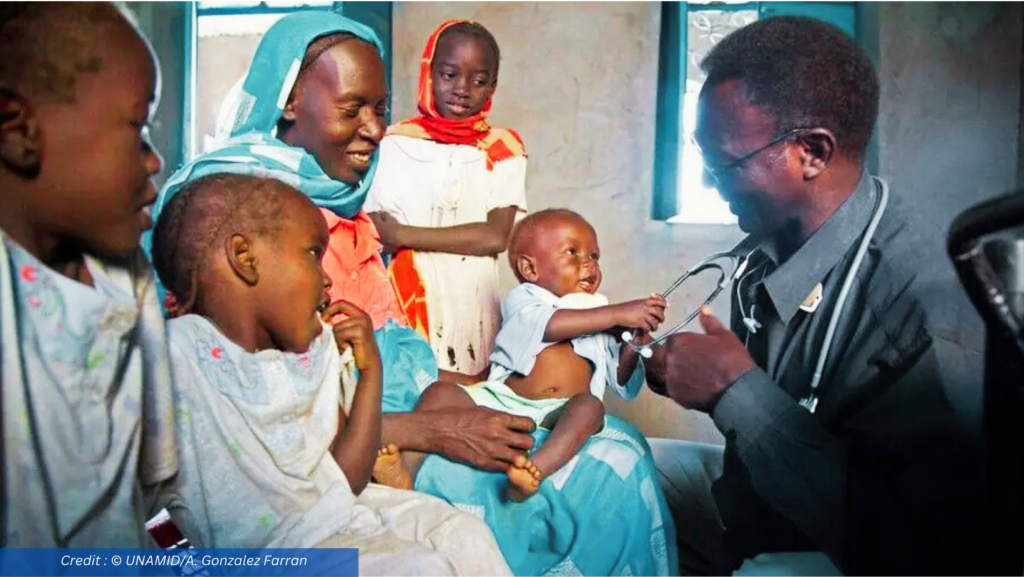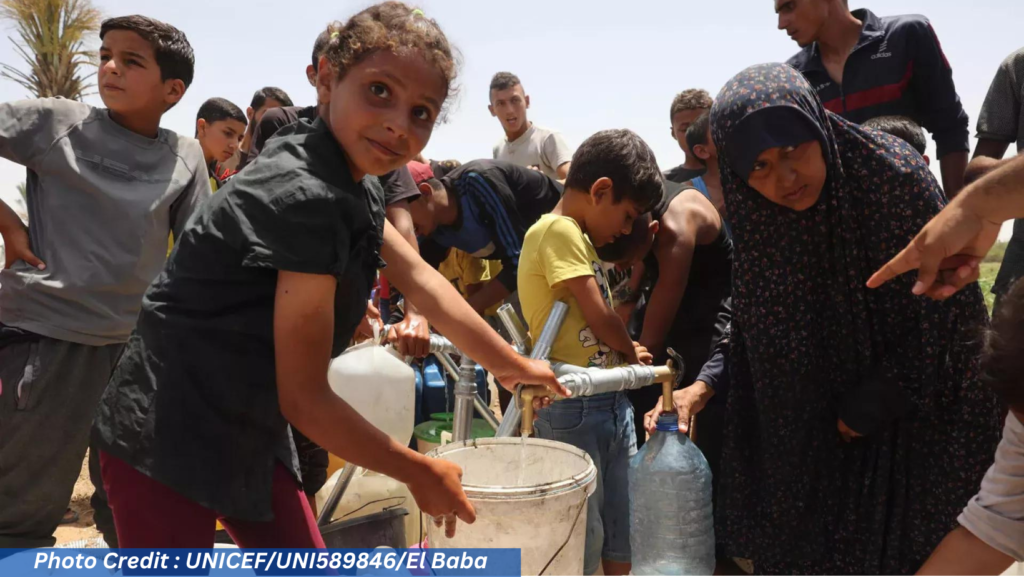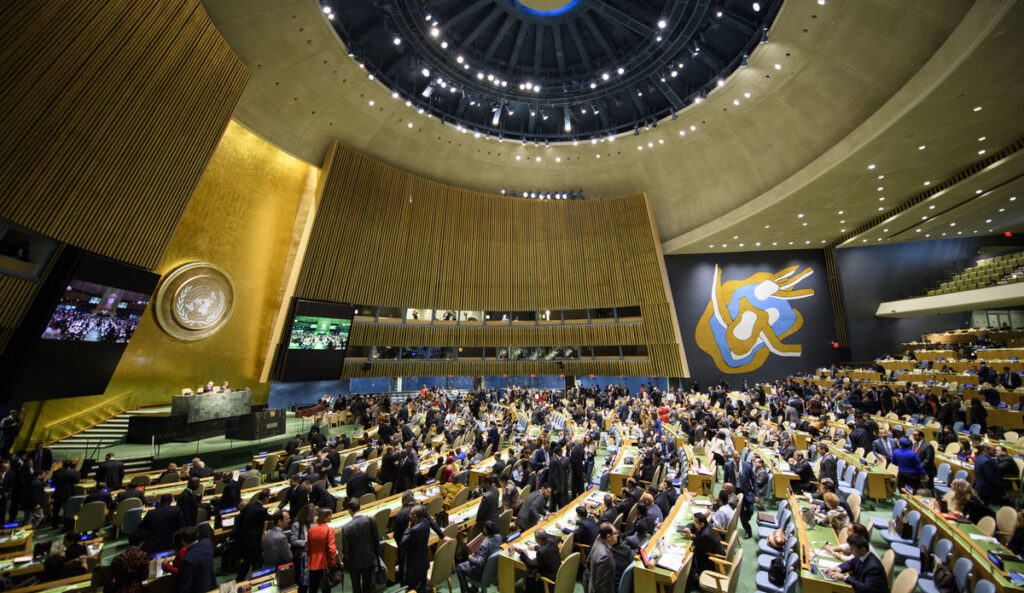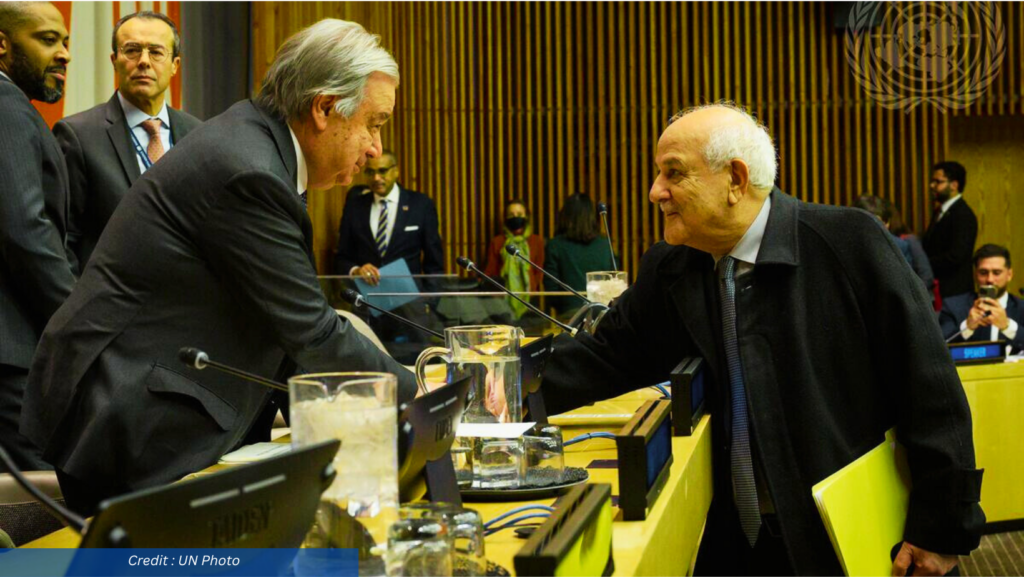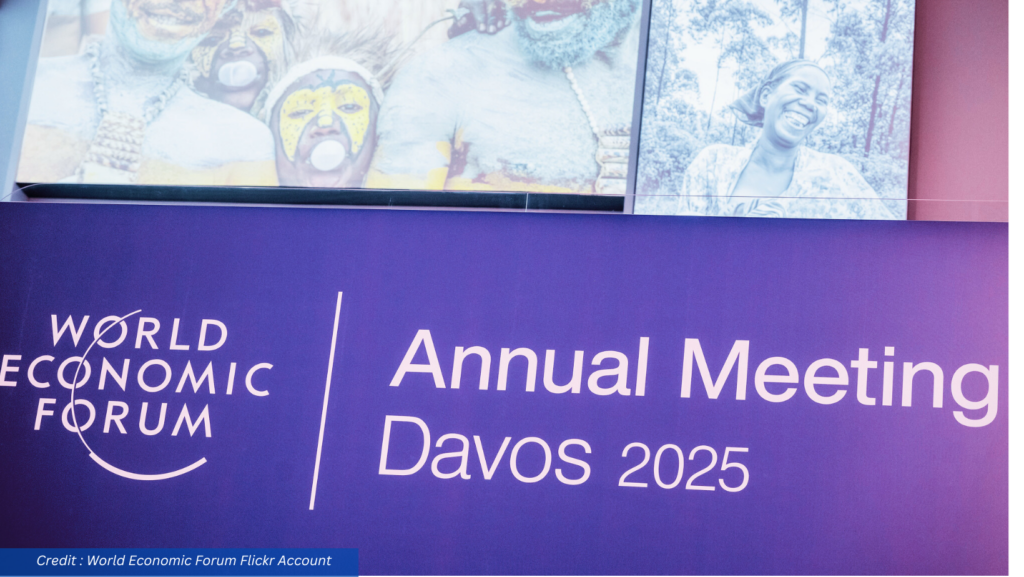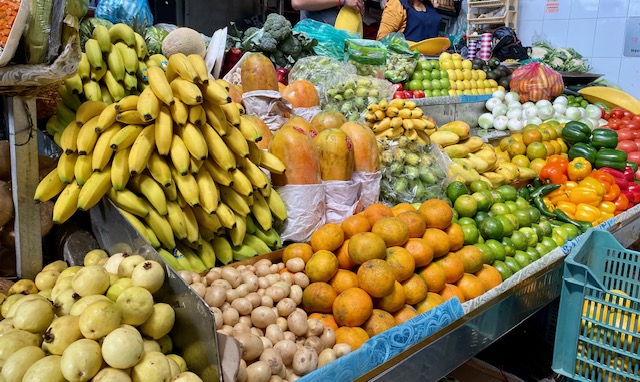Afghanistan: Crippling aid cuts threaten lives and wellbeing of the most vulnerable
Oslo, March 25, 2025 – Wide-ranging cuts in aid will lead to a diminishing footprint of humanitarian agencies in Afghanistan and leave the lives of millions on an increasingly dangerous trajectory, affecting women and children most adversely, warns the Norwegian Refugee Council (NRC).
“At a time when men, women and children in Afghanistan urgently need international funding and support, NRC and our partners are facing drastic funding cuts from key donors. This situation leaves us with no choice but to make untenable reductions in our services, further jeopardising vital lifelines for the most vulnerable and impoverished communities,” said Suze van Meegen, NRC’s interim country director in Afghanistan.
“Like many humanitarian organisations, NRC Afghanistan has been forced to close offices in several provinces and lay off many dedicated and professional humanitarian staff, with a particularly adverse impact on female aid workers. These funding cuts have far-reaching consequences. They extend from communities that have lost access to basic assistance to thousands of experienced Afghan staff that have lost their livelihoods,” stated van Meegen.
In January, the United States (US) suspended ongoing aid projects which forced the majority of US-funded humanitarian work to be put on hold or end. Other governments – including Belgium, France, Germany, the Netherlands, Sweden, Switzerland and the United Kingdom – have also announced that their global aid budgets will be reduced in the coming years, foreshadowing a significant drop in the assistance available to the world’s most vulnerable.
“This is the most challenging situation that NRC Afghanistan has faced in its 22 years in the country. However, I want to emphasise that NRC Afghanistan is not shutting down its operations. We remain committed to staying in Afghanistan to support displaced women, men and children and to ensure that communities affected by decades of war are not left behind,” said van Meegen.
Since January, NRC has been forced to close two of its community resource centres, with two more at risk without suitable funding in the coming month. The centres have been crucial in supporting returning and internally displaced Afghans, providing assistance with housing, food, legal assistance and referrals to healthcare providers, particularly for Afghan women who are heading their families and depend on female-to-female aid. The loss of female aid workers across the country is further restricting women and children’s access to essential services, reinforcing the conditions that prevent them from enjoying their basic rights.
The sudden halt of services from aid agencies is deeply felt in Kahdestan, an informal settlement for internally displaced outside Herat City: “NRC’s staff used to be present in the community every day, aware of the people’s problems. Now they are not here [anymore], and almost all aid has stopped – educational classes are closed, and a health clinic that was here has also closed. Now we don’t know where to turn,” said Adbul-haq, 45, who was displaced from Badghis province in 2017 due to drought and conflict.
“Decisions made in distant capitals, with little regard for human consequences, have drastically reduced humanitarian funding for Afghanistan and severely limited our ability to respond to urgent needs. These sharp cuts to foreign assistance reflect a blatant disregard by key donors for the 0.7% of gross national income that OECD countries should contribute to those in greatest need. To prevent catastrophic damage in Afghanistan, the international community needs to step up and commit to supporting a population that has faced decades of war and neglect,” said Suze van Meegen.
Notes to editors:
- NRC is not ending its work in Afghanistan due to the US funding suspensions. Work supported by other donors will continue.
- Due to United States funding suspensions and cuts, NRC has been forced to end some of its programming in Afghanistan, including community resource centres, as well as shelter and livelihoods support. The closure of programmes has led to the closure of two provincial offices and necessitated termination of dozens of contracts, including both international and Afghan staff.
- NRC has been present in Afghanistan since 2003, delivering key services with the support of its generous donors, directly delivering assistance to people in need. This includes providing shelter and protection services to displaced Afghans and those returning from neighbouring countries.
- 22.9 million Afghans need humanitarian assistance, according to the UN.
- 1 in 3 Afghans (more than 14 million people) do not know where their next meal will come from, according to the World Food Programme (WFP).
- In 2024, the United States contributed just under USD 742 million to Afghanistan’s USD 1.72 billion Humanitarian Response Plan – this equaled 43.4 per cent of humanitarian funding (UNOCHA Financial Tracking Service; OECD ODA Recipients).
- The 2025 humanitarian response plan for Afghanistan is current just 13.3 per cent funded (UNOCHA Financial Tracking Service).
- In January the United States (US) suspended ongoing aid projects which forced the majority of US-funded humanitarian work to be put on hold or end (Devex.org). In February, the United Kingdom announced it would be cutting Overseas Development Assistance (ODA) from 0.5% to 0.3% of Gross National Income (UK Government). In February the Dutch government also underscored their scale back in aid announcing a 2.4 billion cut on development aid from 2027 (Government of the Netherlands). The French government announced it would reduce public development assistance by more than 2 billion Euros – close to 40% of its annual funding (RFI). Swiss, Swedish, German and Belgian governments have also announced cuts in assistance budgets (Devex.org, Devex.org, Swiss info, Development Today).
- Photos from Afghanistan are available for free use here.
For more information, please contact:
- NRC global media hotline: media@nrc.no, +47 905 62 329
- Regional Media and Communications Adviser, Christian Jepsen: christian.jepsen@nrc.no +254 706 248 391
United Nations journalists – United Nations journalists – United Nations journalists
United Nations News – United Nations News – UN Correspondents Association – UNCA Awards
Afghanistan: Crippling aid cuts threaten lives and wellbeing of the most vulnerable Read More »

